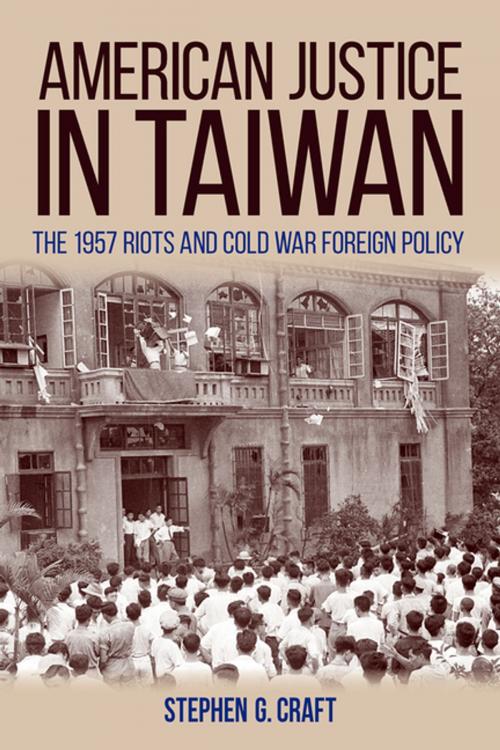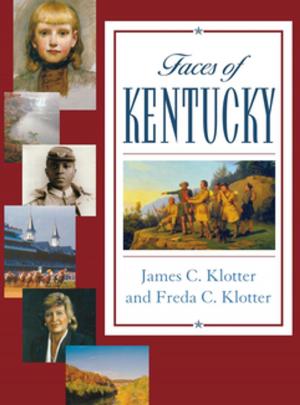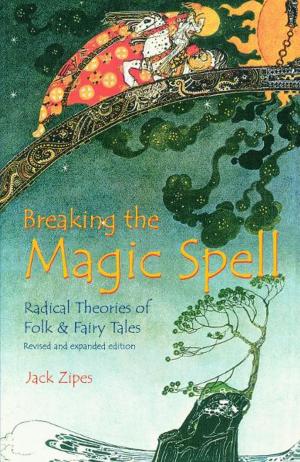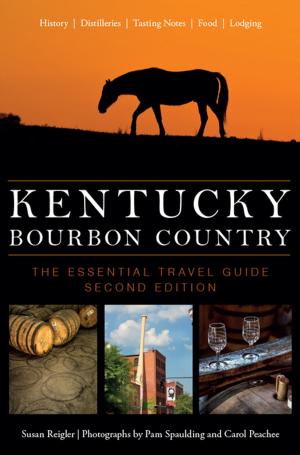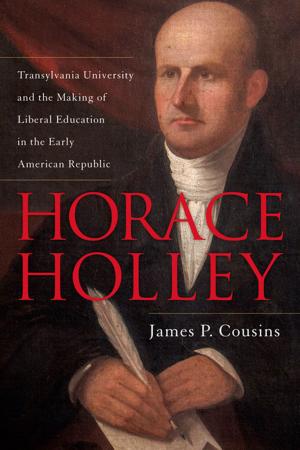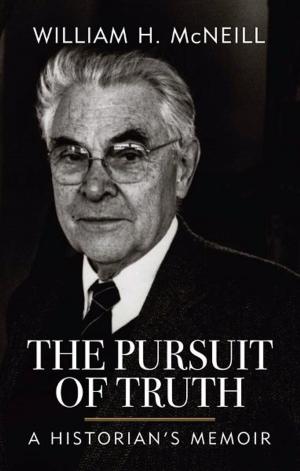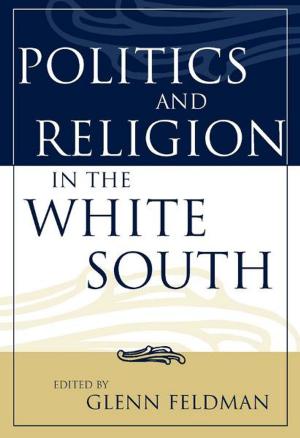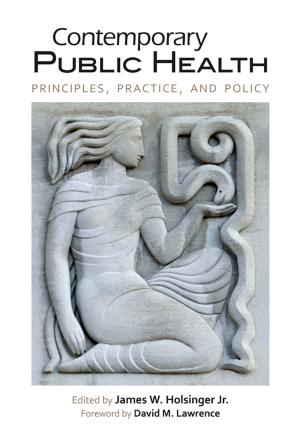American Justice in Taiwan
The 1957 Riots and Cold War Foreign Policy
Nonfiction, Reference & Language, Law, Military, Social & Cultural Studies, Political Science, International, International Relations, History, Americas, United States, 20th Century| Author: | Stephen G. Craft | ISBN: | 9780813166377 |
| Publisher: | The University Press of Kentucky | Publication: | December 9, 2015 |
| Imprint: | The University Press of Kentucky | Language: | English |
| Author: | Stephen G. Craft |
| ISBN: | 9780813166377 |
| Publisher: | The University Press of Kentucky |
| Publication: | December 9, 2015 |
| Imprint: | The University Press of Kentucky |
| Language: | English |
On May 23, 1957, US Army Sergeant Robert Reynolds was acquitted of murdering Chinese officer Liu Ziran in Taiwan. Reynolds did not deny shooting Liu but claimed self-defense and, like all members of US military assistance and advisory groups, was protected under diplomatic immunity. Reynolds's acquittal sparked a series of riots across Taiwan that became an international crisis for the Eisenhower administration and raised serious questions about the legal status of US military forces positioned around the world.
In American Justice in Taiwan, author Stephen G. Craft provides the first comprehensive study of the causes and consequences of the Reynolds trial and the ensuing protests. After more than a century of what they perceived as unfair treaties imposed by Western nations, the Taiwanese regarded the special legal status of resident American personnel with extreme distrust. While Eisenhower and his advisers considered Taiwan to be a vital ally against Chinese communism, the US believed that the Taiwanese government had instigated the unrest in order to protest the verdict and demand legal jurisdiction over GIs. Regardless, the events that transpired in 1957 exposed the enormous difficulty of applying the US's Uniform Code of Military Justice (UCMJ) across cultures.
Employing meticulous research from both Western and Chinese archives, Craft demonstrates that the riots were only anti-American in that the Taiwanese rejected the UCMJ, the affording of diplomatic immunity to occupying US forces, and the military courts' interpretation of self-defense. His compelling study provides a new lens through which to examine US--Taiwan relations in the 1950s, US policy in Asia, and the incredibly charged and complex question of the legal status of US troops on foreign soil.
On May 23, 1957, US Army Sergeant Robert Reynolds was acquitted of murdering Chinese officer Liu Ziran in Taiwan. Reynolds did not deny shooting Liu but claimed self-defense and, like all members of US military assistance and advisory groups, was protected under diplomatic immunity. Reynolds's acquittal sparked a series of riots across Taiwan that became an international crisis for the Eisenhower administration and raised serious questions about the legal status of US military forces positioned around the world.
In American Justice in Taiwan, author Stephen G. Craft provides the first comprehensive study of the causes and consequences of the Reynolds trial and the ensuing protests. After more than a century of what they perceived as unfair treaties imposed by Western nations, the Taiwanese regarded the special legal status of resident American personnel with extreme distrust. While Eisenhower and his advisers considered Taiwan to be a vital ally against Chinese communism, the US believed that the Taiwanese government had instigated the unrest in order to protest the verdict and demand legal jurisdiction over GIs. Regardless, the events that transpired in 1957 exposed the enormous difficulty of applying the US's Uniform Code of Military Justice (UCMJ) across cultures.
Employing meticulous research from both Western and Chinese archives, Craft demonstrates that the riots were only anti-American in that the Taiwanese rejected the UCMJ, the affording of diplomatic immunity to occupying US forces, and the military courts' interpretation of self-defense. His compelling study provides a new lens through which to examine US--Taiwan relations in the 1950s, US policy in Asia, and the incredibly charged and complex question of the legal status of US troops on foreign soil.
